At the age of 59 I thought it was time to get my body thoroughly examined. So last week I trotted off to a health clinic in west London. Not surprisingly, I got a mixed report. Mostly As and Bs, a couple of Ds, and several must-try-harders.
The health check consisted of an hour with a man in green hospital scrubs, who I think was a nurse, followed by an hour with a female doctor. It was all trundling along nicely – my weight and BMI were both within the ‘healthy’ range – when something unexpected happened. After attaching electrodes to my body for the purposes of carrying out an ECG, the nurse asked me if I was pregnant.
‘I’m sorry?’
‘Are you pregnant?’ he repeated.
I’d read an article in the Daily Mail about a 66-year-old man being turned away by a blood bank after he refused to answer that question, but I wasn’t expecting to be asked it myself. Maybe if I’d gone to my NHS GP, but not at a fancy private clinic. Perhaps I’d been lulled into a false sense of security by the absence of rainbow flags in the reception area.
When I continued to look baffled, the nurse said that he was about to send a series of electronic pulses through my body and, if I was pregnant, they could harm my unborn child. I raised my eyebrow, as if to say, ‘That doesn’t really explain it’, at which point he added: ‘And these days men can get pregnant.’ I could have made an issue out of it, but it was so patently absurd I just laughed. To his credit, he laughed too and explained that he’d asked an older man the same question the day before and he hadn’t taken it so well. We then had a brief conversation about why his employer insisted he ask everyone that question, including men, and we decided it was probably at the insistence of their medical insurance company – a belt-and-braces approach to limiting liability.
After that, it was upstairs to see the doctor, an attractive Indian woman in her early thirties. She ran her eye down a questionnaire I’d filled out earlier and asked whether I really did drink 30 units of alcohol a week. I thought I detected a sceptical tone, which was more than justified, but before I could stammer out a confession – ‘OK, it’s more like 50’ – she said: ‘Because you should try and cut that in half.’ Good Lord, I thought. That would mean reducing my alcohol consumption to one-and-a-half bottles a week. Clearly out of the question. But seeing the appalled look on my face, she added: ‘Don’t quote me, but if you can’t manage that, it probably doesn’t matter.’ I realise I am quoting her, but I’m interpreting that according to my own code of journalistic ethics, whereby ‘don’t quote me’ means ‘don’t attribute it to me by name’.
I’d requested a prostate exam and she asked if I wanted a chaperone present while she performed it. I interpreted this as another of those liability questions, designed to protect her if I lodged a complaint, so told her that wouldn’t be necessary. But I realised afterwards that it worked both ways, whereby a witness would also protect me if she complained. And perhaps she will now that I’ve disloyally quoted her telling me three bottles of wine a week won’t kill me. I hope not. Needless to say, the exam went off without incident and she declared that my prostate seemed healthy, a diagnoses confirmed by the results of the PSA test.
Most of the other tests also came back as normal, save for the fact that my body fat percentage is too high and my low-density lipoprotein – commonly known as ‘bad cholesterol’ – is elevated. Rather alarmingly, my health report assessed the risk of my developing cardiovascular disease in the next ten years as 7.2 per cent and it spelt out what this means in no uncertain terms: ‘In a crowd of 100 people with the same risk factors as you, 7.2 per cent are likely to have a heart attack or stroke within the next ten years.’ The recommendation was to improve my diet, exercise more and take a course of high-intensity statins, which I intend to do.
All in all, it could have been worse, particularly as my mother died of ovarian cancer when she was 62 and my father of three types of cancer when he was 86, including prostate. Given those risk factors, it’s almost inevitable that I’ll get cancer, so the most I can hope for is to catch it early, which means getting one of these checks every year, perhaps throwing in an endoscopy and colonoscopy for good measure. But I don’t think I’ll bother to get tested for cervical, ovarian, uterine, vaginal or vulvar cancer.
Got something to add? Join the discussion and comment below.
Get 10 issues for just $10
Subscribe to The Spectator Australia today for the next 10 magazine issues, plus full online access, for just $10.
You might disagree with half of it, but you’ll enjoy reading all of it. Try your first month for free, then just $2 a week for the remainder of your first year.


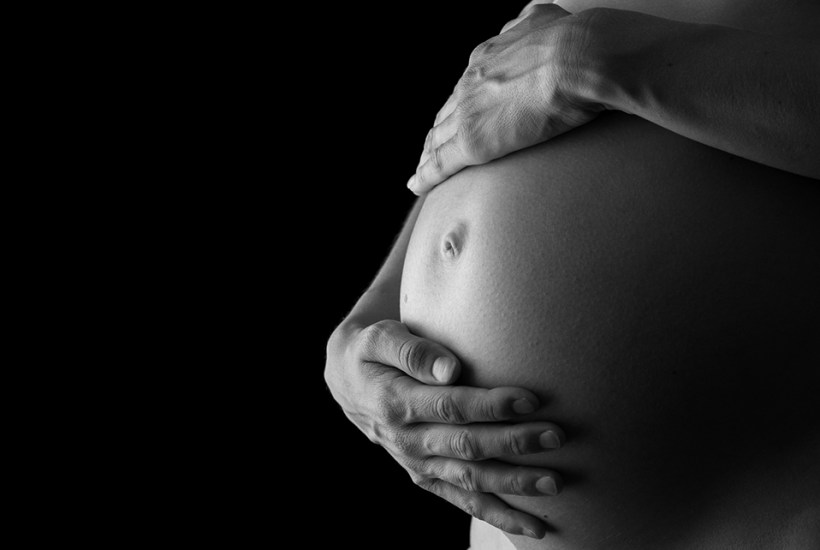

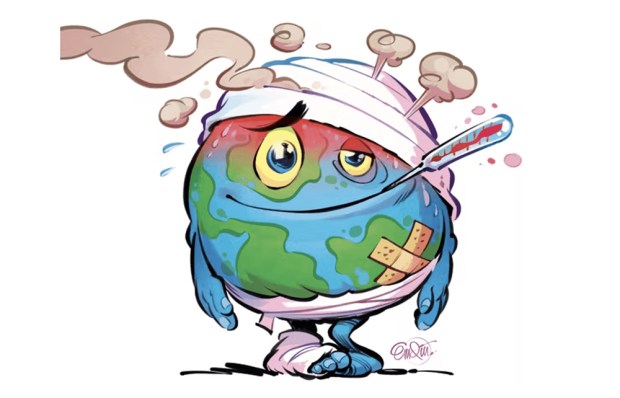
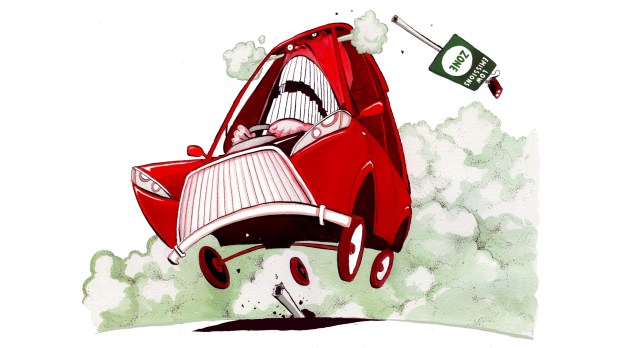
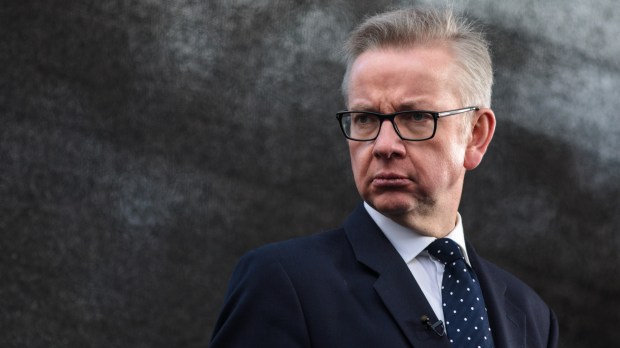
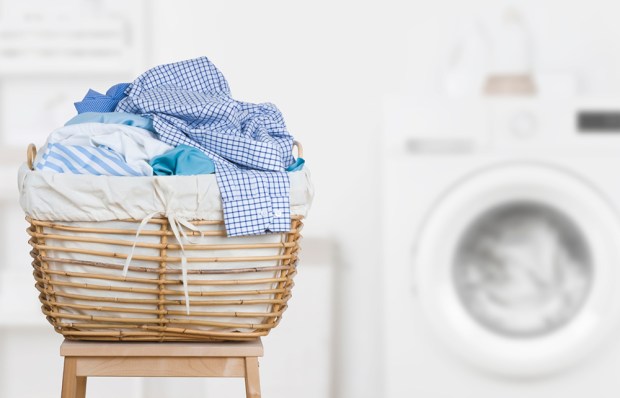
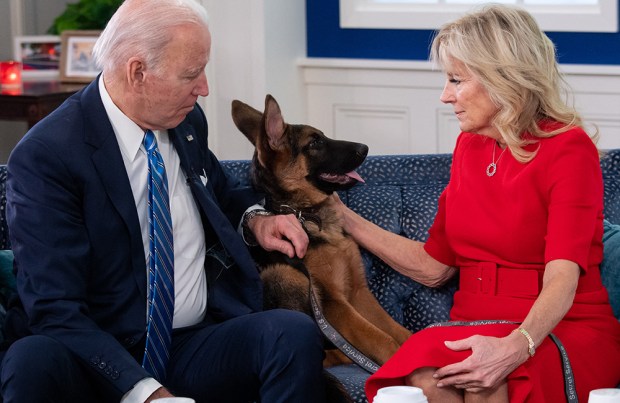






Comments
Don't miss out
Join the conversation with other Spectator Australia readers. Subscribe to leave a comment.
SUBSCRIBEAlready a subscriber? Log in